Humans ‘probably only intelligent life in the Universe’
Researchers put odds of mankind being alone in Milky Way at up to 99.6%
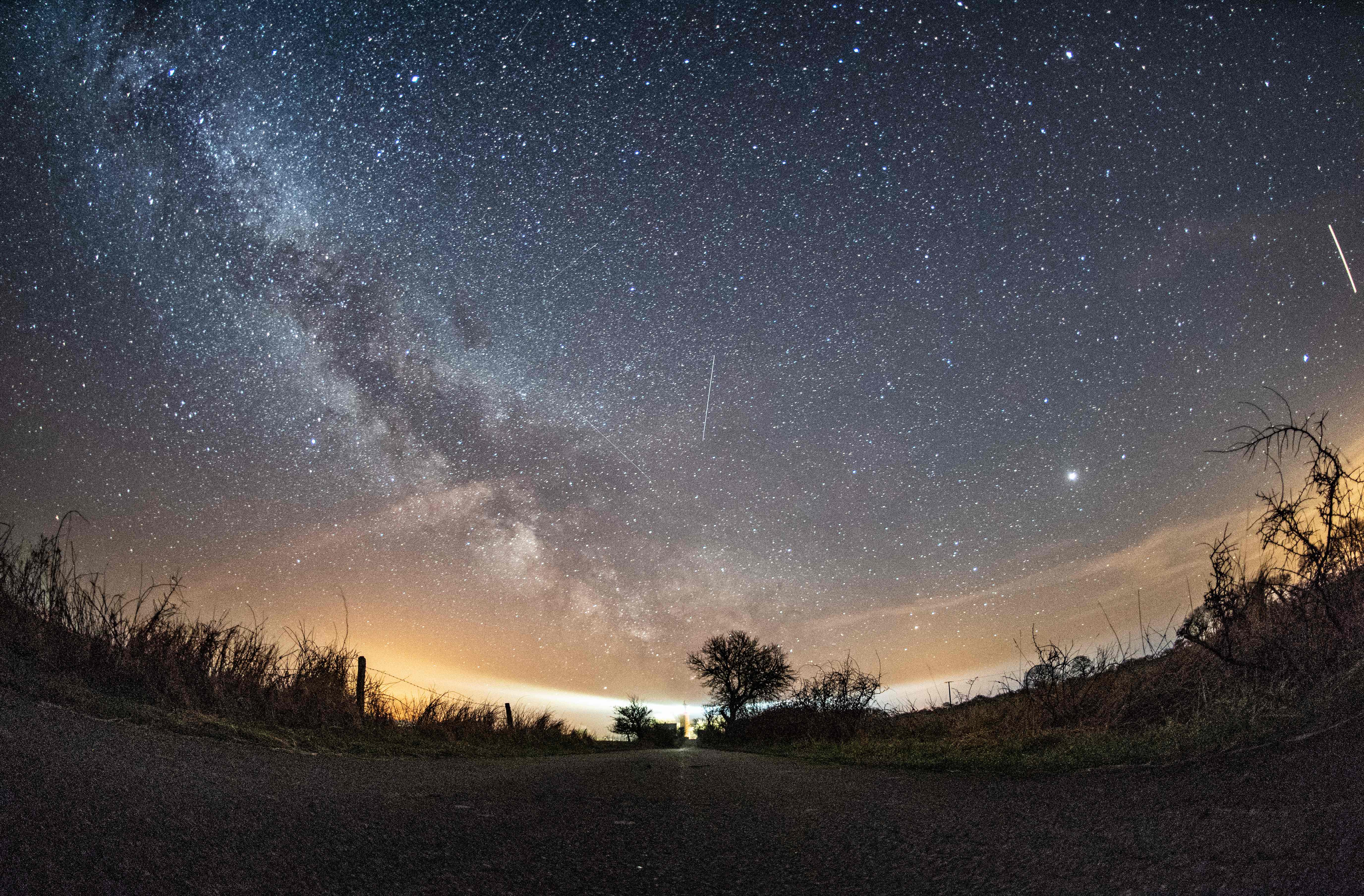
A free daily email with the biggest news stories of the day – and the best features from TheWeek.com
You are now subscribed
Your newsletter sign-up was successful
UFO hunters’ hopes have been dashed by a new study that says humans are highly likely to be the only form of intelligent life in the Universe.
A team of scientists led by Anders Sandberg, a research fellow at Oxford University, have concluded that there is a 53% to 99.6% probability that humans are alone in our galaxy, the Milky Way, with a 39% to 85% chance that no intelligent life exists outside of the “observable universe”, Metro reports.
The team reached that somewhat depressing verdict after studying the “Fermi paradox”, which addresses the belief that there is a high probability of intelligent aliens existing in the universe despite a lack of supporting evidence, the newspaper says.
The Week
Escape your echo chamber. Get the facts behind the news, plus analysis from multiple perspectives.

Sign up for The Week's Free Newsletters
From our morning news briefing to a weekly Good News Newsletter, get the best of The Week delivered directly to your inbox.
From our morning news briefing to a weekly Good News Newsletter, get the best of The Week delivered directly to your inbox.
The study, called Dissolving the Fermi Paradox, does not dismiss the possibility of alien life but rather suggests that other life forms could be “less advanced than on Earth or simply no longer exist”, the Daily Express says.
Speaking to astronomy news website Universe Today, Sandberg said: “One can answer the Fermi Paradox by saying intelligence is very rare, but then it needs to be tremendously rare.
“Another possibility is that intelligence doesn’t last very long, but it is enough that one civilisation survives for it to become visible.”
There is a “fairly high likelihood that we are alone”, Sandberg adds.
A free daily email with the biggest news stories of the day – and the best features from TheWeek.com
Other studies have come up with a variety of theories as to why humans have not been contacted by extraterrestrials.
One theory, known as the zoo hypothesis, states that there is an abundance of life in the universe but that such life forms consider humans to be too “basic and primitive” to merit attention, says US-based magazine The Atlantic.
Another suggests that intelligent life “pops into existence for a few thousand years before getting wiped out of existence for mysterious reasons”, the magazine says.
-
 Mixing up mixology: The year ahead in cocktail and bar trends
Mixing up mixology: The year ahead in cocktail and bar trendsthe week recommends It’s hojicha vs. matcha, plus a whole lot more
-
 Labor secretary’s husband barred amid assault probe
Labor secretary’s husband barred amid assault probeSpeed Read Shawn DeRemer, the husband of Labor Secretary Lori Chavez-DeRemer, has been accused of sexual assault
-
 Trump touts pledges at 1st Board of Peace meeting
Trump touts pledges at 1st Board of Peace meetingSpeed Read At the inaugural meeting, the president announced nine countries have agreed to pledge a combined $7 billion for a Gaza relief package
-
 Data centers could soon be orbiting in space
Data centers could soon be orbiting in spaceUnder the radar The AI revolution is going cosmic
-
 Another Starship blast sets back Musk's Mars hopes
Another Starship blast sets back Musk's Mars hopesSpeed Read Nobody was killed in the explosion, which occurred in south Texas
-
 Test flight of orbital rocket from Europe explodes
Test flight of orbital rocket from Europe explodesSpeed Read Isar Aerospace conducted the first test flight of the Spectrum orbital rocket, which crashed after takeoff
-
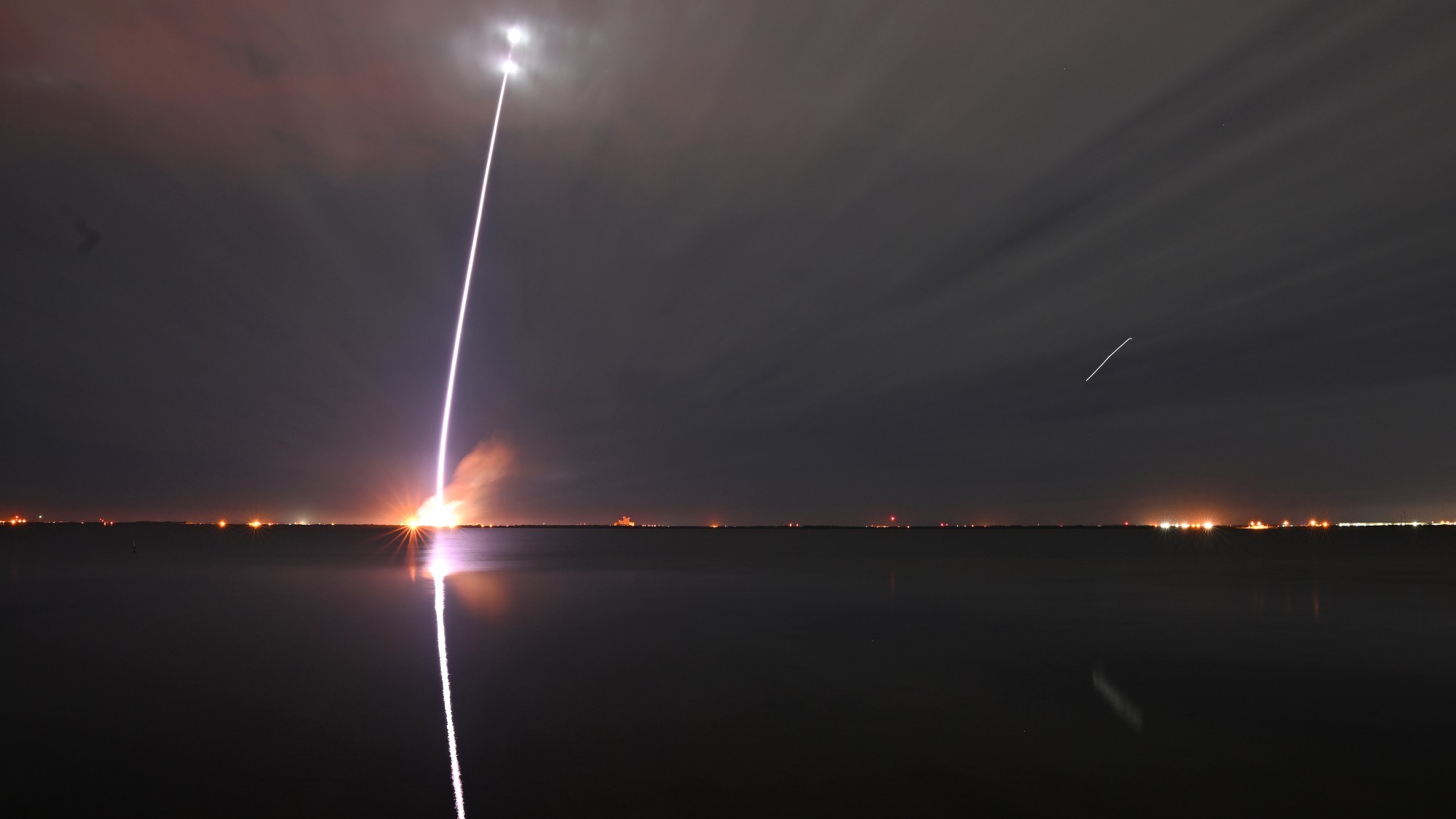 Jeff Bezos, Elon Musk and the billionaire space race
Jeff Bezos, Elon Musk and the billionaire space raceThe Explainer Tesla CEO and Amazon founder vie for dominance of satellite launch market and could influence Nasa plans to return to Moon
-
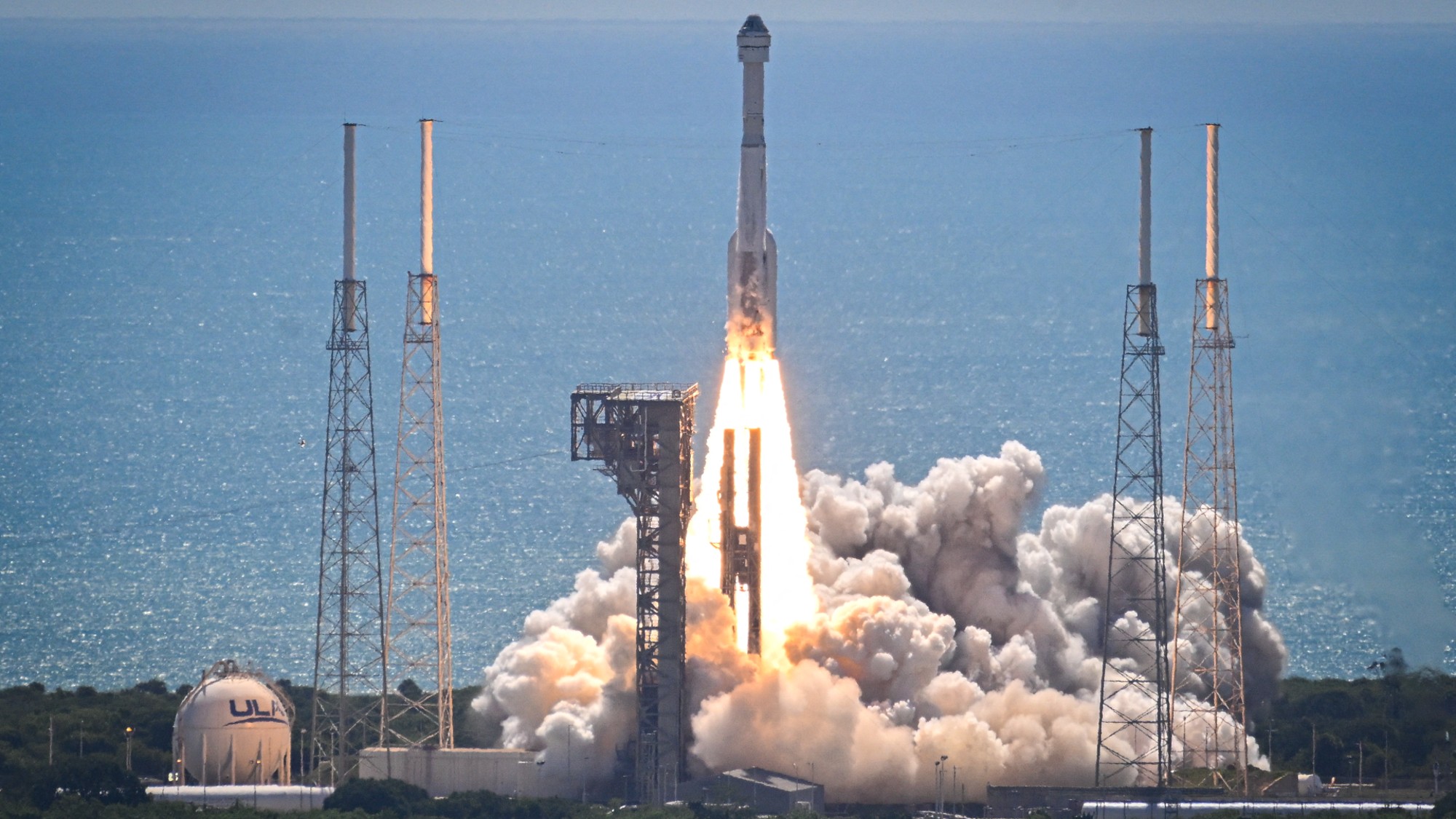 Starliner: What went wrong?
Starliner: What went wrong?Today's Big Question Boeing spacecraft has had a 'long, difficult road'
-
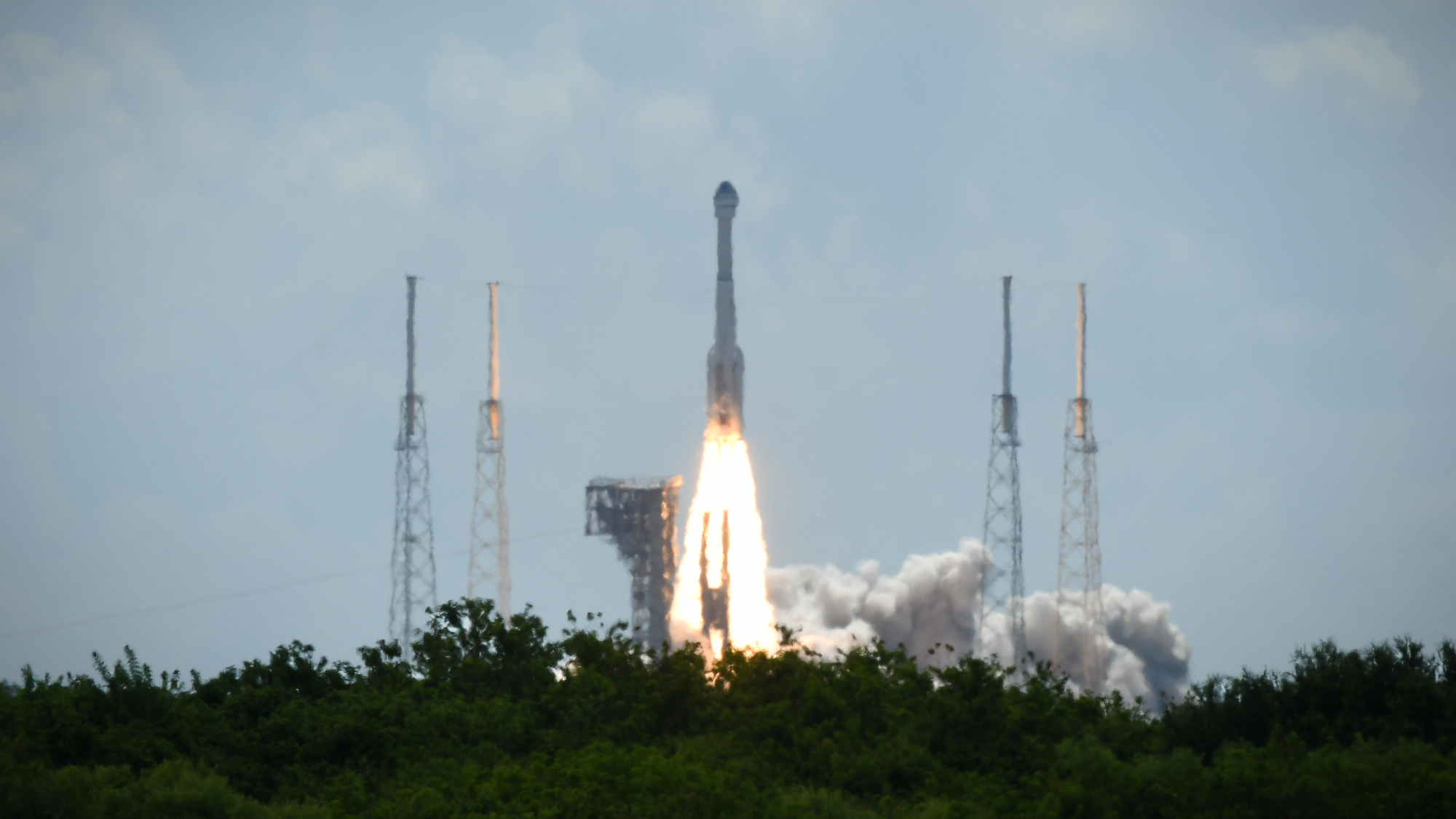 Boeing, SpaceX successfully test key rockets
Boeing, SpaceX successfully test key rocketsSpeed Read Boeing’s Starliner docked at the ISS and SpaceX completed its fourth test launch of its Starship spacecraft
-
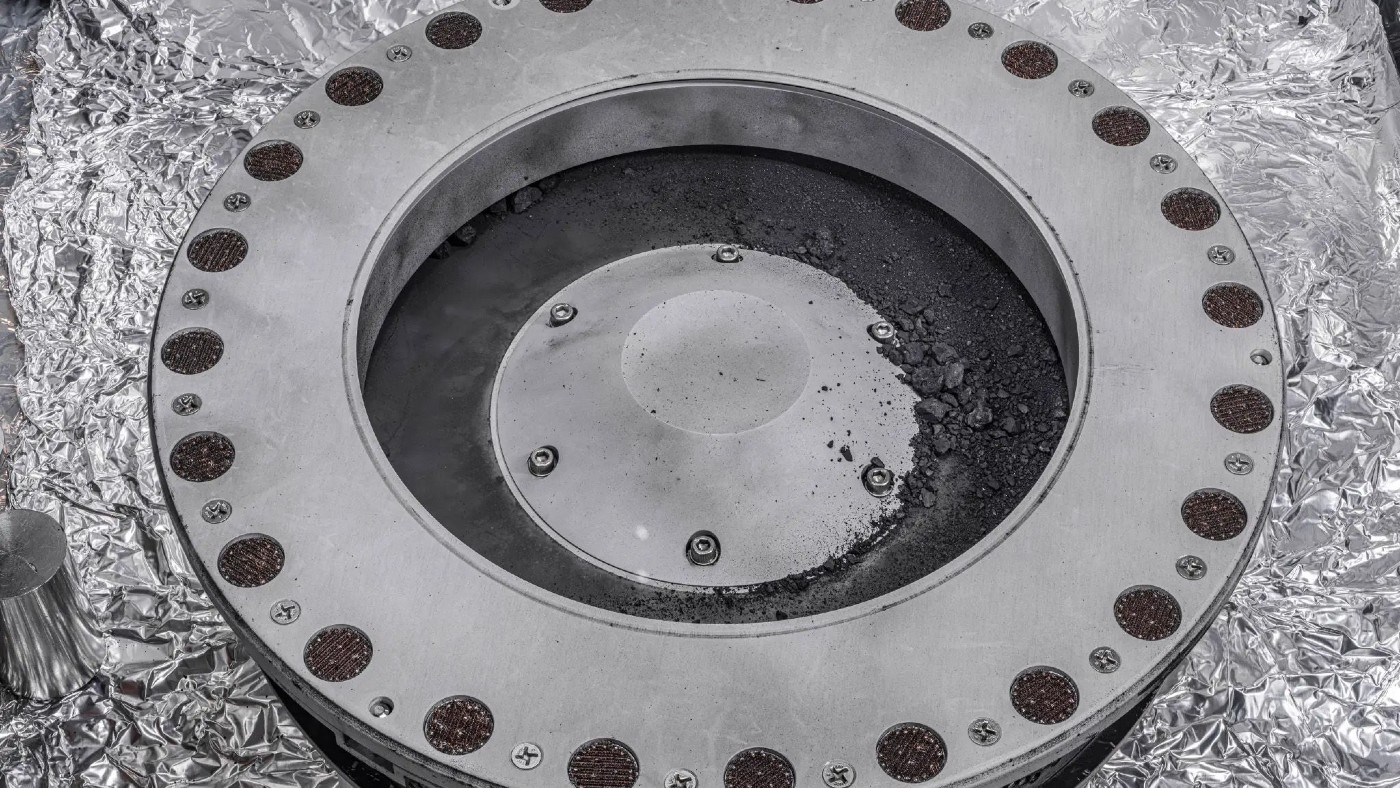 Nasa reveals first findings from asteroid that could explain origins of life
Nasa reveals first findings from asteroid that could explain origins of lifeSpeed Read Sample from Bennu has been found to contain an abundance of water and carbon
-
 How worried we should be about space debris
How worried we should be about space debrisfeature As part of a rocket washes up in Australia scientists warn ‘critical mass’ of orbital junk could only be decades away